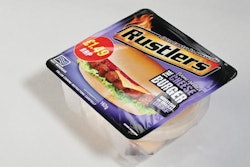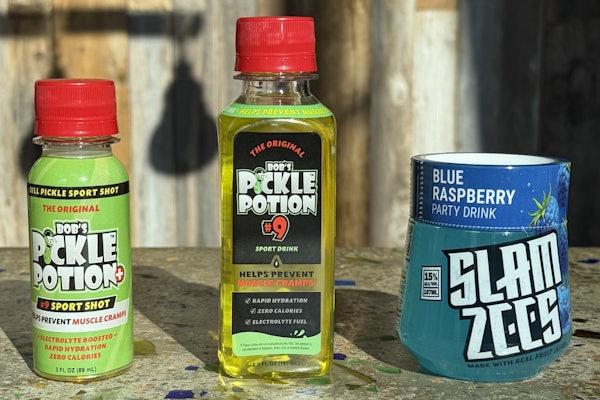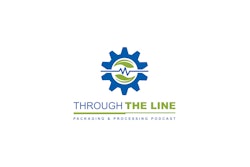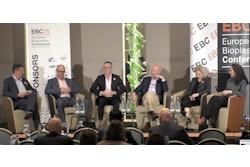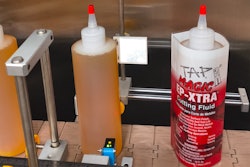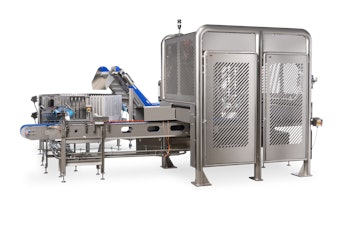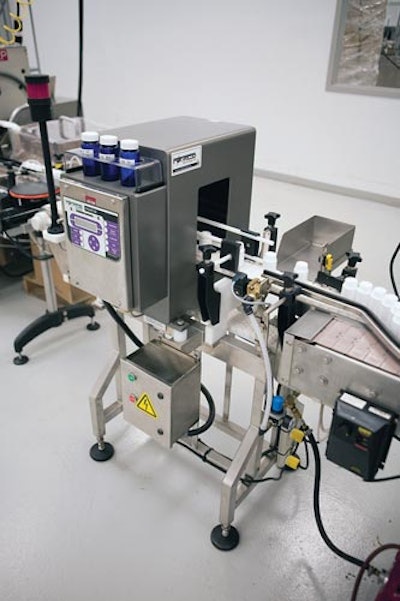
The pharmaceutical industry is being squeezed by a combination of cost containment pressures, patent expirations, and a more muscular regulatory environment, to name a few of the challenges. And as recent headlines have shown, even the most respected pharmaceutical companies have withdrawn over-the-counter (OTC) medications in part due to packaging and labeling-related issues. With that in mind, it’s no wonder that quality is a critical concern for Hauppauge, NY-based LNK International, Inc.
LNK produces private-label, solid-dose OTC pharmaceuticals for retailers and distributors throughout North America, providing and packaging national brand-equivalent products as well as proprietary formulas. LNK manufactures, packages, tests, and ships products for their customers, from the acquisition of raw materials through finished product distribution in the U.S. and Canada.
“We offer more than 100 national brand-equivalent formulas in the pain relief, cough and cold, and gastrointestinal categories,” explains Ray McCusker, executive vp of production. “We manufacture, package, and test with strict adherence to U.S. Food and Drug Administration regulations. Our production processes are documented and validated, with all procedures, methodologies, and products audited and reviewed by third-party and independent laboratories.”
To help ensure the quality of its OTC products, LNK employs Phantom metal detectors from Fortress Technology on its packaging lines. “LNK began with a single Fortress metal detector in 2005 and today all of our more than two dozen packaging lines have the Fortress units installed,” confirms Mitch Cierzniewski, engineering manager. These include both blister and bottling lines used to package multiple products in various sizes and configurations.







